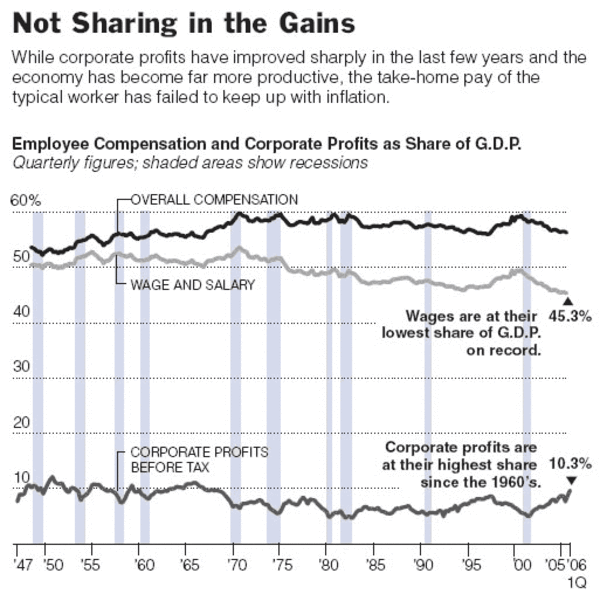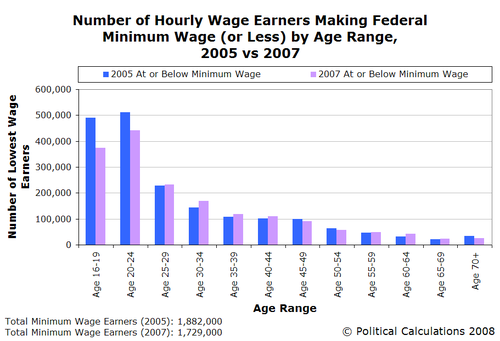Government officials have mastered the cost-cutting game, or should I say the cost-non-cutting game. The trick they have learned is that whenever budget or tax cuts are proposed, they threaten to cut the most critical expenditures.
Now, as I have pointed out, such behavior in a private company would result in one's termination.
When I was in the corporate world, if I wanted extra funds for my projects, I would have to go in and say "Here are all my projects. I have ranked them from 1-30 from the most to least valuable. Right now I have enough money for the first 12. I would like funding for number 13. Here is my case."
But the government works differently. When your local government is out of money, and wants a tax increase, what do they threaten to cut? In Seattle, it was always emergency services. "Sorry, we are out of money, we have to shut down the fire department and ambulances." I kid you not "†the city probably has a thirty person massage therapist licensing organization and they cut ambulances first. In California it is the parks. "Sorry, we are out of money. To meet our budget, we are going to have to close down our 10 most popular parks that get the most visitation." The essence of government budgeting brinkmanship is not to cut project 13 when you only have money for 12 projects, but to cut project #1.
I can just see me going to Chuck Knight at Emerson Electric and saying "Chuck, I don't have enough money. If you don't give me more, we are going to have to cut the funds for the government-mandated frequency modification on our transmitters, which means we won't have any product to sell next month." I would be out on my ass in five minutes. It just floors me that this seems to keep working in the government. Part of it is that the media is just so credulous when it comes to this kind of thing, in part because scare stories of cut services fit so well into their business model.
Matt Welch has a great 8-point takedown of similar scare story on the current California budget crisis. You should definitely read it, but I wanted to add a #9 -- this idea that the core, rather than the marginal, expense is always the first to be cut. From the LA Times:
Gov. Arnold Schwarzenegger has proposed slashing state spending on education by $3 billion to help close the budget gap, and the state would pay dearly for canceling classes, firing instructors, cutting class days and shortening the school year, experts said.
Promising students would go to other states, taking their future skills, earnings and, possibly, Nobel Prizes elsewhere. California companies would then find it harder to attract high-value employees who might be dubious about moving to a state with sub-par schools. [...]
John Sedgwick, co-founder of Santa Clara solar-energy company Solaicx, agreed.
"When you think about the genesis of Silicon Valley, it really started from its superior educational base" at Stanford and UC Berkeley, said Sedgwick, whose company makes the building blocks for photovoltaic cells. "That indicates that you don't want to kill the goose that's laying the golden eggs." [...]
The only way the most "promising" students would be affected is if, when the schools cut back, the best professors (rather than the worst) are fired and the most promising students (rather than the most marginal) are denied admission for limited spots. Really? If Berkeley has 10 fewer spots, it's going to start cutting admissions with the Physics wiz kid who had a 2400 on her SAT?
Further, is it really true that California only attracts people to its work force who went to school in California? A top Michigan or Harvard grad won't do just as well? I went to college in New Jersey yet have never held a job in that state.
Now, I understand that part of the argument is that workers may not come if the local primary schools for their kids are bad. And that is true. But California has had poor performing schools despite years of high and increasing spending. Matt has much more on this in his piece.
Postscript: Of course, as crazy as it seems, there may be some reality to this threat. I could easily see the University of California system, when faced with the choice of cutting back on some post-modernist social science program or a physics program that has produced 7 Nobel Laureates, choosing the latter to cut in a fit of outrageous political correctness.
At the primary level, it is very possible that the bloated school administrations filled with rafts of useless assistant principals will choose to fire teachers rather than themselves. So unfortunately the plans to cut the most useful spending in a crisis and keep the most useless is not just a threat, it is a reality.










